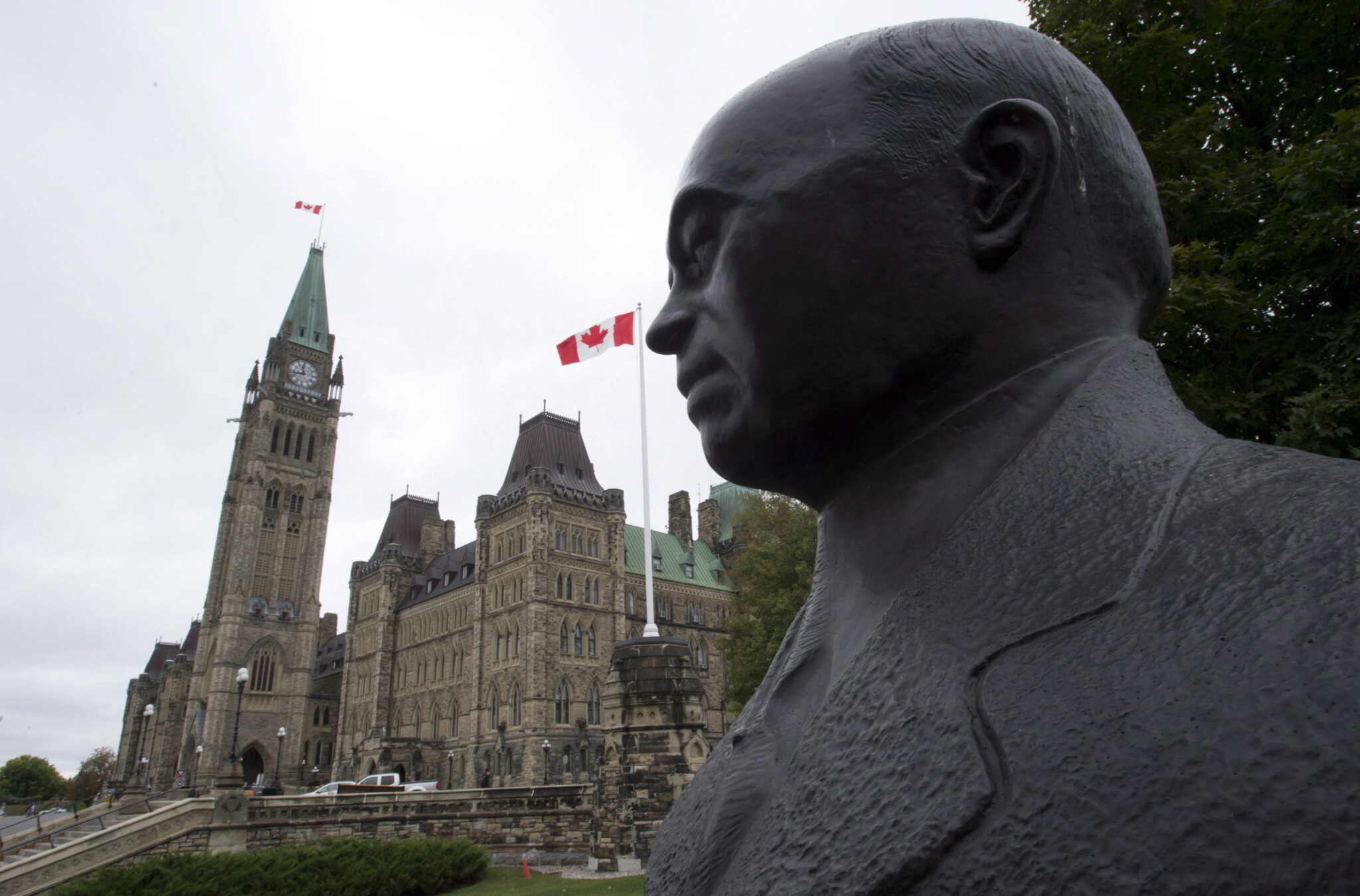
After a “lost decade” of stagnant incomes, rising crime, government failures on basic functions like health care and immigration, and a once-in-a-generation affordability crisis driven by inflation, a majority of Canadians believe that Canada is broken. But decline is a choice, and better public policies are needed to overcome Canada’s many challenges. Kickstart Canada brings together leading voices in academia, think tanks, and business to lay out an optimistic vision for Canada’s future, providing the policy ideas that governments need to ensure a bright future for all Canadians.
To: The incoming minister of Canadian Heritage
111 Wellington Street
Ottawa, Ontario, K1A 0A2
From: J.D.M. Stewart
Re: Kickstarting Canada
August 15, 2024
Dear incoming minister:
I write to you as someone who cares deeply about Canada—its culture, its history, and its future. We are at what appears to be a critical moment. There is a strong possibility of a new government anytime from now until next year, and I suspect many in the Heritage Department have wondered about what the consequences of that may be.
As you know, the department you will be heading is huge. It is asked to manage so many disparate files, from the Canada Council for the Arts to the National Gallery to Sport Canada. While the Paris Olympics of this summer were a success, I will focus on what will be one of your core responsibilities moving forward: “Heritage and Celebration.”
As you know, a recent poll done by Ipsos Reid showed that the number of Canadians who feel proud of the country is shrinking. I suspect that is a concern in your office since according to the Departmental Plan 2024-25 one of the goals at Heritage is to see that Canadians feel “a sense of pride/belonging to Canada.” Addressing this will be a key project for any incoming minister. To that end, I believe the country as a whole will be better served if we move along from what appears to be a fixation with identity politics. The evidence shows that it has proven to be largely counter-productive. I understand the politics and legitimate reasons for building a national monument to residential schools as well as one to honour LGBT+ people, but I encourage future gestures of symbolism, remembrance, or history to include initiatives that will reflect an uplifting aspect of our nation. It’s time.
Speaking of Canada’s past, I do have some concerns about the preservation and promotion of Canada’s history. Much of it revolves around Library and Archives Canada. LAC, as it is known, has been in a steady decline. The 2021 decision to remove the website dedicated to Canada’s prime ministers was regrettable. Promises to replace and update the information never happened. The move to one omnibus database for research seemed like a good idea in theory, but in reality, it has made accessing items such as First World War service records cumbersome and nearly impossible for a young student to use. Additionally, the ease of once finding material on the search engine dedicated to William Lyon Mackenzie King’s diary is now a labyrinthine and inefficient experience. I suggest a full audit of the user experience.
I do, however, have some solutions to improve LAC. I encourage you to make an emphasis on making our archives world-class. Let’s begin with a major digitization program that aims to get some of our most important files online. These should be used to intrigue the public the way the British National Archives does with its 20 People of the 20s web page or its feature on its landing page about Elvira Chaudoir, a Second World War double agent.
While LAC was not mentioned in the 2024-25 Departmental Plan, I urge you to ensure this becomes a core priority. Exciting use of the Library and Archives is an easy way to highlight the country’s incredible stories. By the way, it may be worth noting that the British Archives also received specific funding from national lottery revenue to unlock more documents for digitization in a program they call Archives Revealed. Five million pounds (close to $9 million CAD) is currently being invested to do this. While the Visions 2030, the strategic plan for LAC, appears to have goals to improve access, my advice is to get down to specifics and make it happen. Fix current user issues, and adopt a slogan similar to Britain’s “Archives for Everyone.” Turn it into the destination for students, researchers at home and abroad, and the general public.
Small things matter in nation-building. When we do small things well momentum builds. On the other hand, when government does small things poorly it has a negative impact. While there has been no official announcement, reliable sources have told me that Heritage Canada inexplicably cancelled Canada History Week. After ten years of success, the decision to drop the celebration was a careless error. It tells those who work at telling our stories that history doesn’t matter. It also contradicts the department’s mandate. I urge you to bring Canada History Week back. It was an example of a low-cost, high-results program. If the government doesn’t support Canadian history, why would Canadians?
I write to you with a sense of urgency and commitment to Canada’s history and culture. As many of us consider how we can kickstart different aspects of the country, I thought of George Grant who wrote Lament for a Nation in 1965. In his book he wrote that, “Memory is never enough to guarantee that a nation can articulate itself in the present. There must be a thrust of intention into the future.” Let’s be intentional with energy and optimism as we think about how to tell the stories of our history. Let’s recruit the best young minds who are passionate about Canada’s past, present, and future. Let’s ensure that you have the best advice at your disposal. Let’s tell Canadians why our heritage has made us the envy of the world.
Sincerely,
J.D.M. Stewart
P.S.: This year marks the 150th anniversary of Mackenzie King’s birth. In the event you take over the department before the year’s end, maybe we can do a little something to draw attention to one of the most important leaders in the history of Canada.









